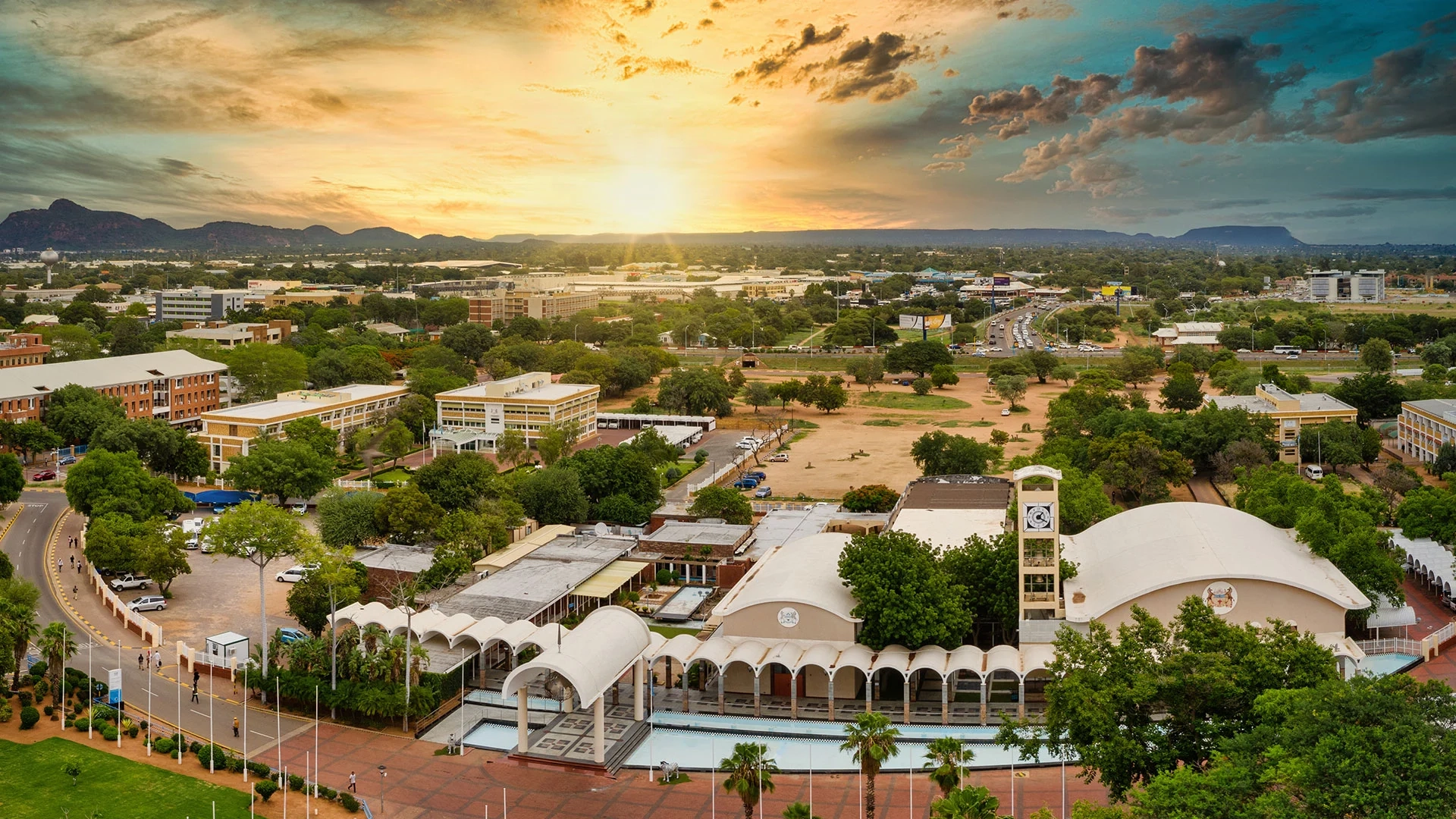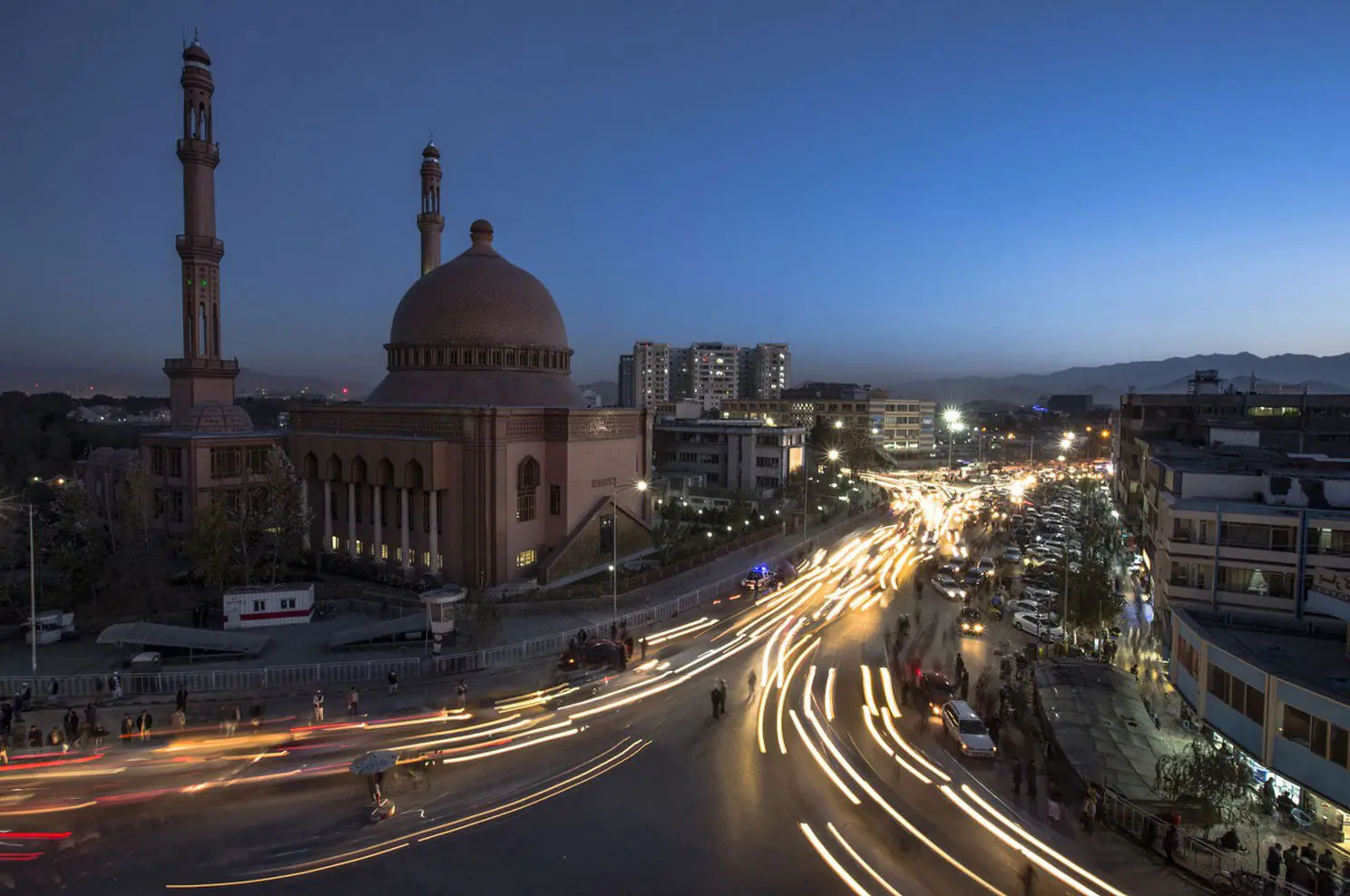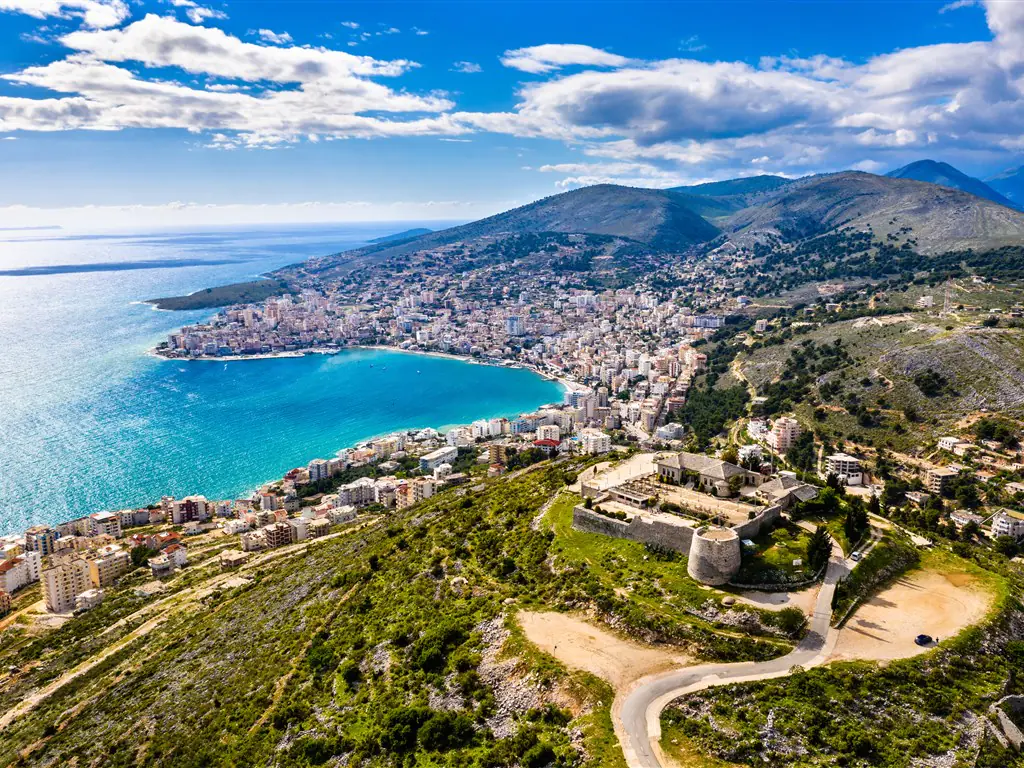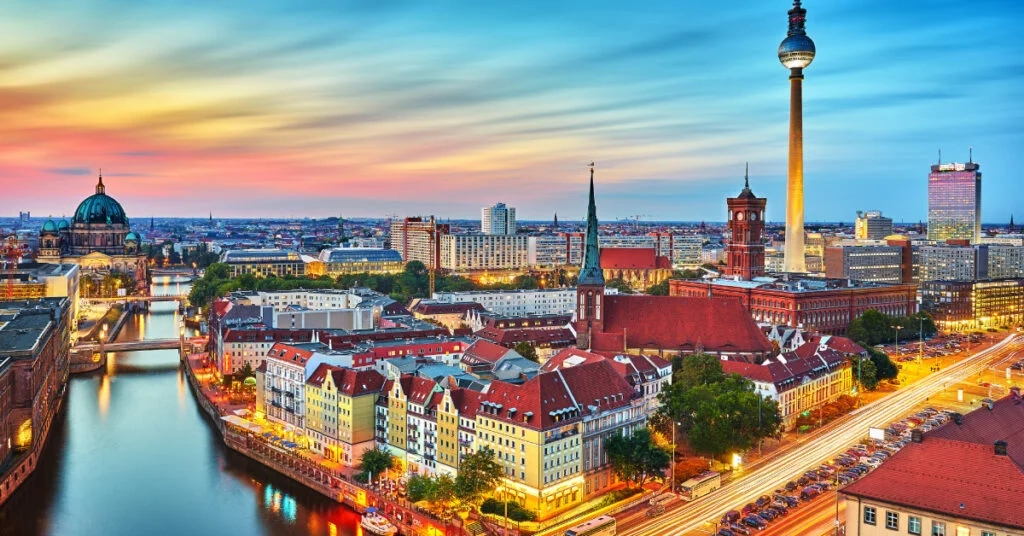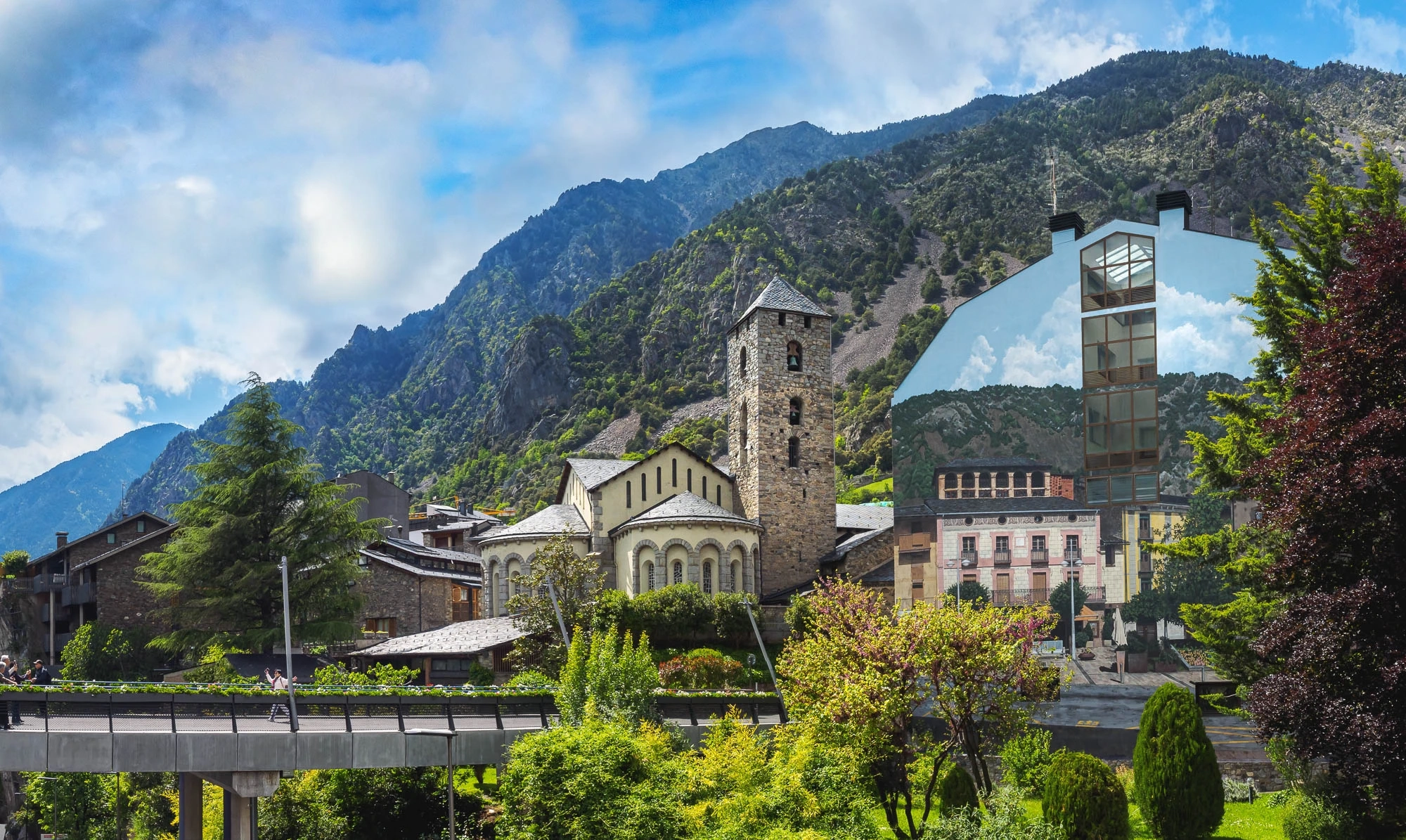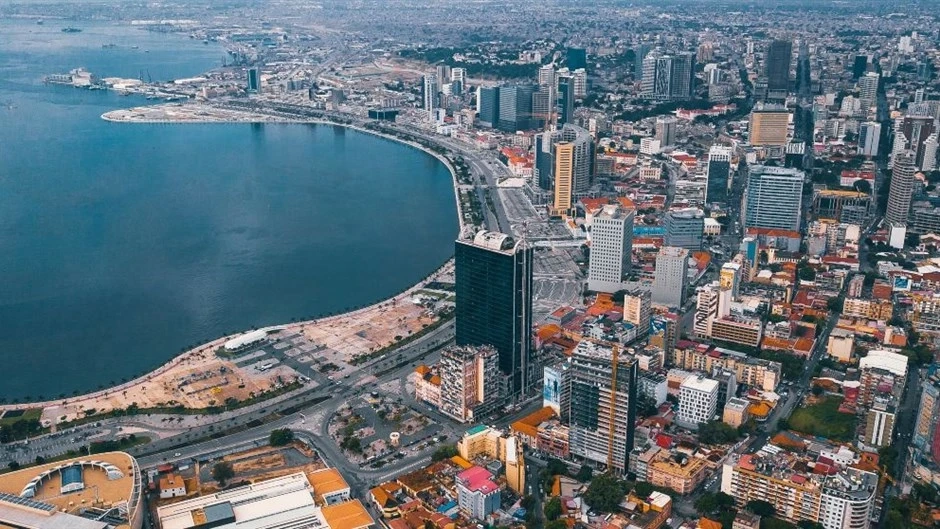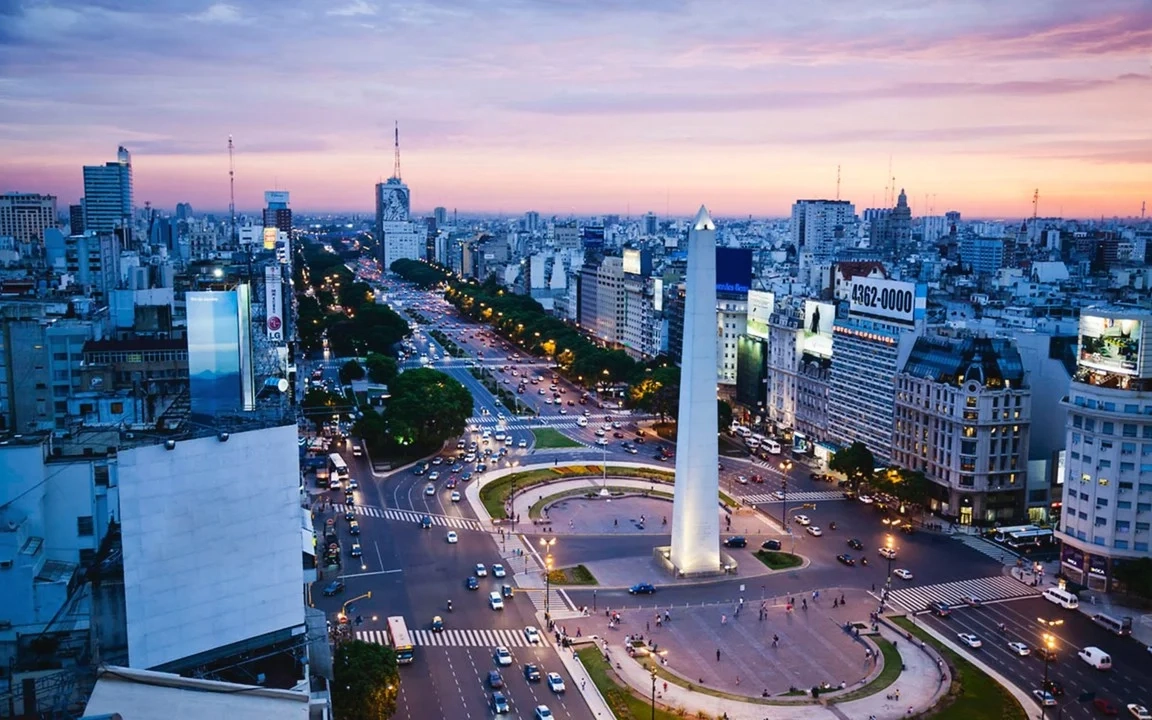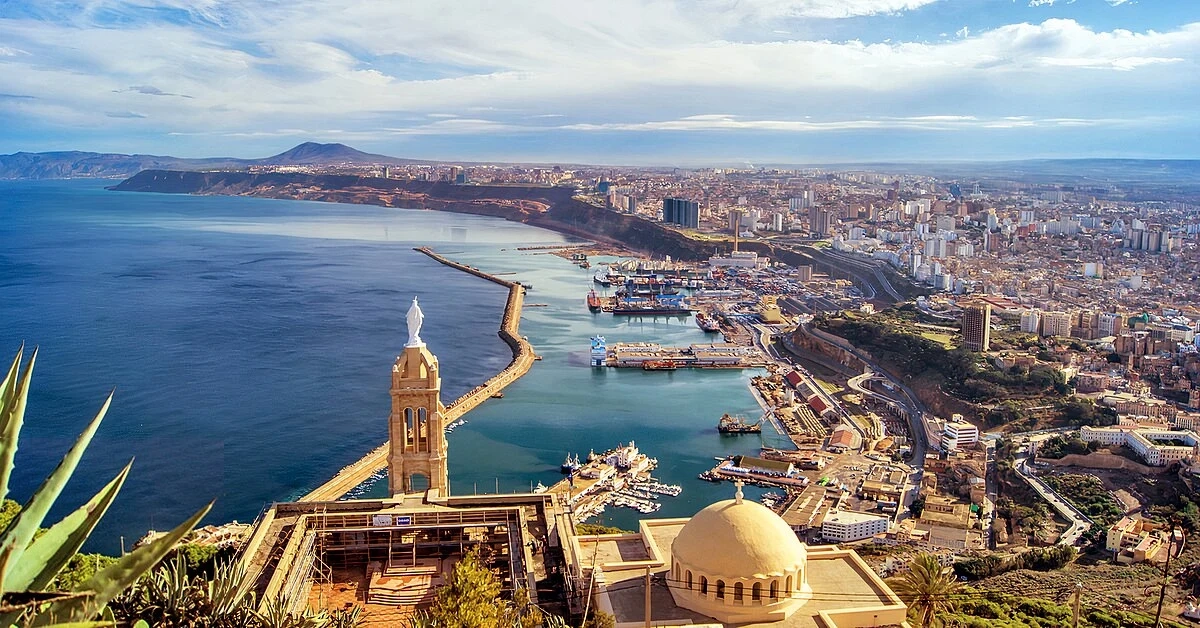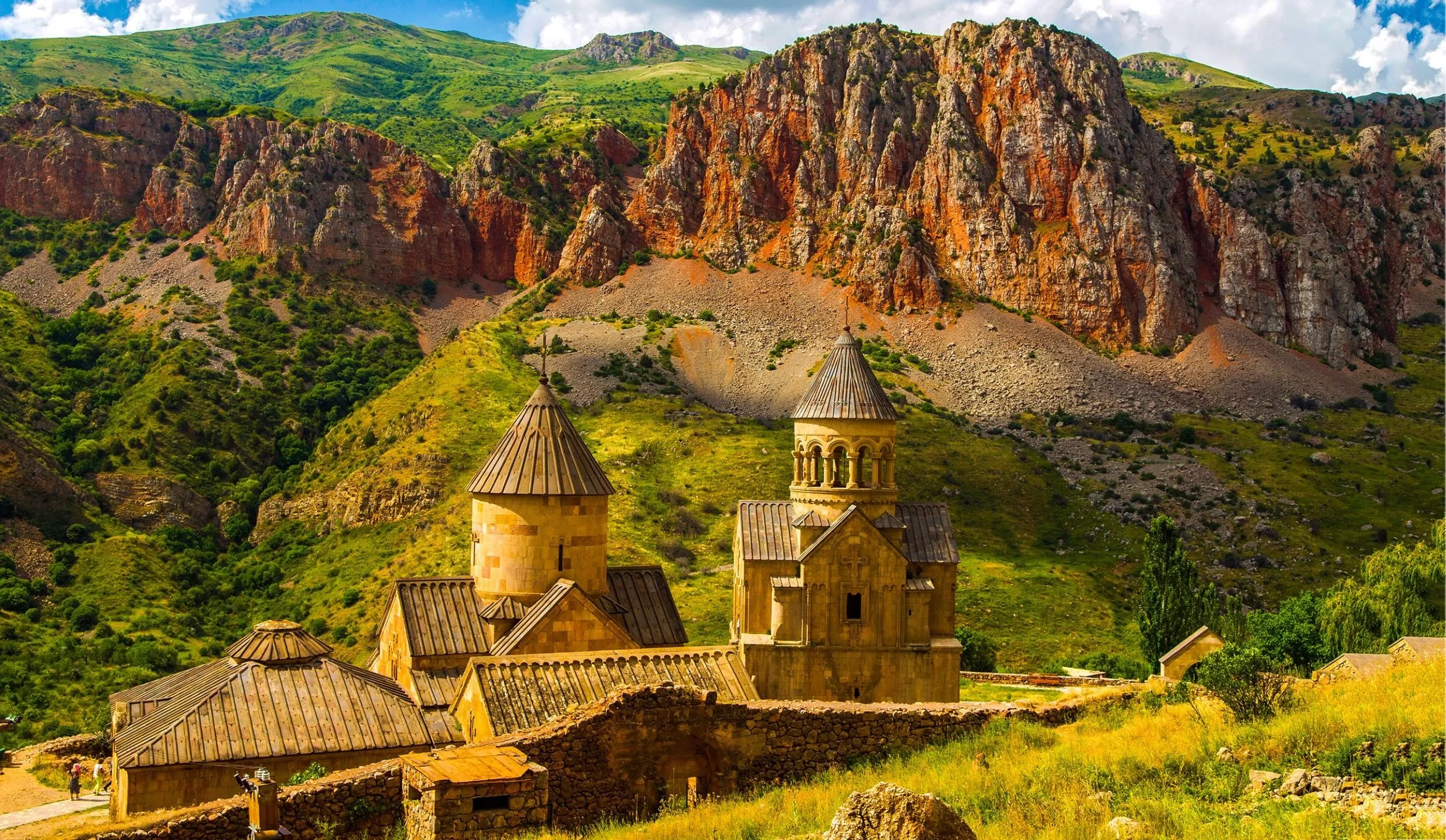1. Mining and geology:
Geologists and mining engineers are crucial for the mining industry in Botswana, especially for diamond mining.
Average monthly salary: from 1,500 euros to 2,600 euros.
2. Agriculture and farming:
Agricultural professionals and farmers contribute to food production.
The average monthly salary of agricultural specialists: from 600 euros to 1,200 euros.
3. Engineering:
Civil engineers, electrical engineers and mechanical engineers are needed to implement infrastructure projects.
Average monthly salary for experienced engineers: 1,200 - 2,100 euros.
4. Teaching and education:
Teachers, especially those specializing in subjects such as math and science, are in high demand.
Average monthly salary for experienced teachers: from 600 euros to 1,200 euros.
5. Healthcare and medicine:
Doctors, nurses and healthcare professionals are in demand to provide medical services.
Average monthly salary for experienced doctors: 2,100-3,800 euros.
1. Working hours:
The standard working week in Botswana is 45 hours, usually spread over five days.
Overtime is paid for work beyond the standard working hours and the rate is usually higher.
2. Right to vacation:
Employees are entitled to annual leave, sick leave, and maternity/parental leave as provided by law.
3. Occupational safety and health:
Employers are obliged to provide a safe working environment and comply with occupational health and safety regulations.
4. Trade unions:
Employees in Botswana have the right to join trade unions and engage in collective bargaining.
- Botswana did not have a legal minimum wage. Instead, wages and conditions of employment were usually determined by collective bargaining agreements, labor market dynamics, and individual employment contracts. However, the minimum wage is 7.34 BWP/hour.
- The average salary is 600 euros.
1. Favorable business environment:
Botswana provides a favorable environment for entrepreneurs. The country's political stability and strong rule of law provide a framework for business growth.
The government actively encourages entrepreneurship through various policies and incentives, making the country attractive to startups.
2. Simplified business registration:
Registering a business in Botswana has become easier due to simplified procedures and reduced bureaucratic hurdles.
The Botswana Investment and Trade Center (BITC) offers services to assist entrepreneurs in the registration process and obtaining the necessary permits and licenses.
3. A growing startup ecosystem:
The startup scene in Botswana is expanding with a focus on technology and innovation.
Coworking spaces and incubators, such as the Botswana Innovation Hub, are creating a favorable environment for startups to grow.
4. Export opportunities:
Botswana's strategic location in Southern Africa provides access to regional and international markets.
Entrepreneurs can use trade agreements and partnerships to expand their business outside the country.
5. Popular business sectors:
- Mining and natural resources:
Botswana is known for its diamond mining industry, which is the country's main economic sector.
Other natural resources such as coal and copper are also mined and contribute to the development of the mining industry.
- Agriculture and agribusiness:
Agriculture, including livestock and crop production, is an important sector of Botswana's economy.
The government encourages agricultural initiatives to increase food security and agricultural exports.
- Tourism and hospitality:
Botswana's natural beauty, wildlife, and national parks make it a popular destination for eco-tourism and safaris.
The tourism sector includes hotels, lodges, tour operators and related services.
- Manufacturing and industry:
Botswana has a growing manufacturing sector that produces consumer goods, textiles, and processed foods.
The country is also making progress in the development of the automotive and assembly industries.
- Information technology (IT) and innovation:
Botswana is increasingly investing in technology and innovation, contributing to the growth of the IT sector.
Start-ups and technology-related businesses are emerging, and the country is aiming to become a regional technology center.
1. Gaborone:
- Gaborone, the capital and largest city of Botswana, is the economic and administrative center of the country.
- It boasts a well-developed infrastructure, financial institutions and access to a wide range of services.
- Gaborone is home to various government agencies, international organizations, and large corporations.
2. Francistown:
- Francistown is the second largest city in Botswana and a significant industrial center.
- Located near the border with South Africa, it plays a crucial role in trade and logistics.
- The city is known for its diversified economy and wide range of business opportunities.
3. Celebi-Phikwe:
- Celebi Phikwe is known for its mining and copper production.
- Having the status of a "special economic zone", the city attracts investment in the mining and metallurgical industries.
- The city provides business opportunities in the mining sector.
4. Maun:
- Maun is located in close proximity to the world's largest inland delta, the Okavango River.
- The city specializes in tourism and hospitality, making it an attractive location for hospitality and ecotourism businesses.
- It serves as a gateway to the natural wonders of the region.
5. Lethe:
- Lethe, located in the central part of the country, is a key transportation hub.
- The city has the potential to develop logistics and transportation, which can be attractive to businesses in these sectors.
- Its strategic location makes it a vital link in the transportation network.
